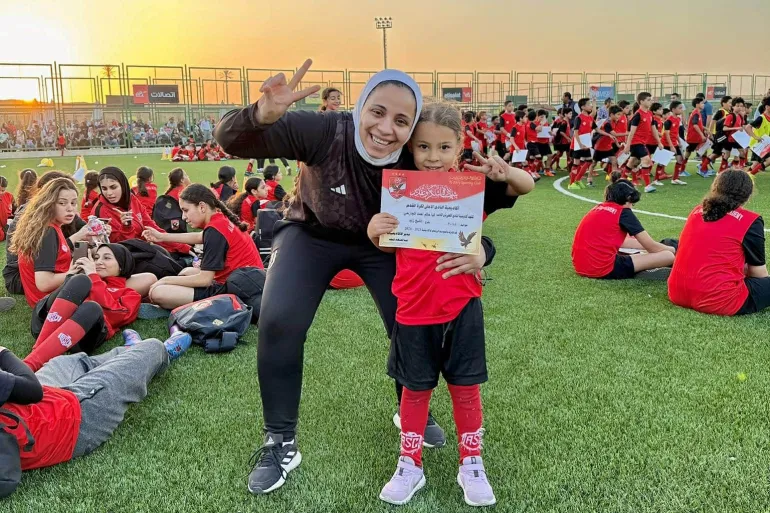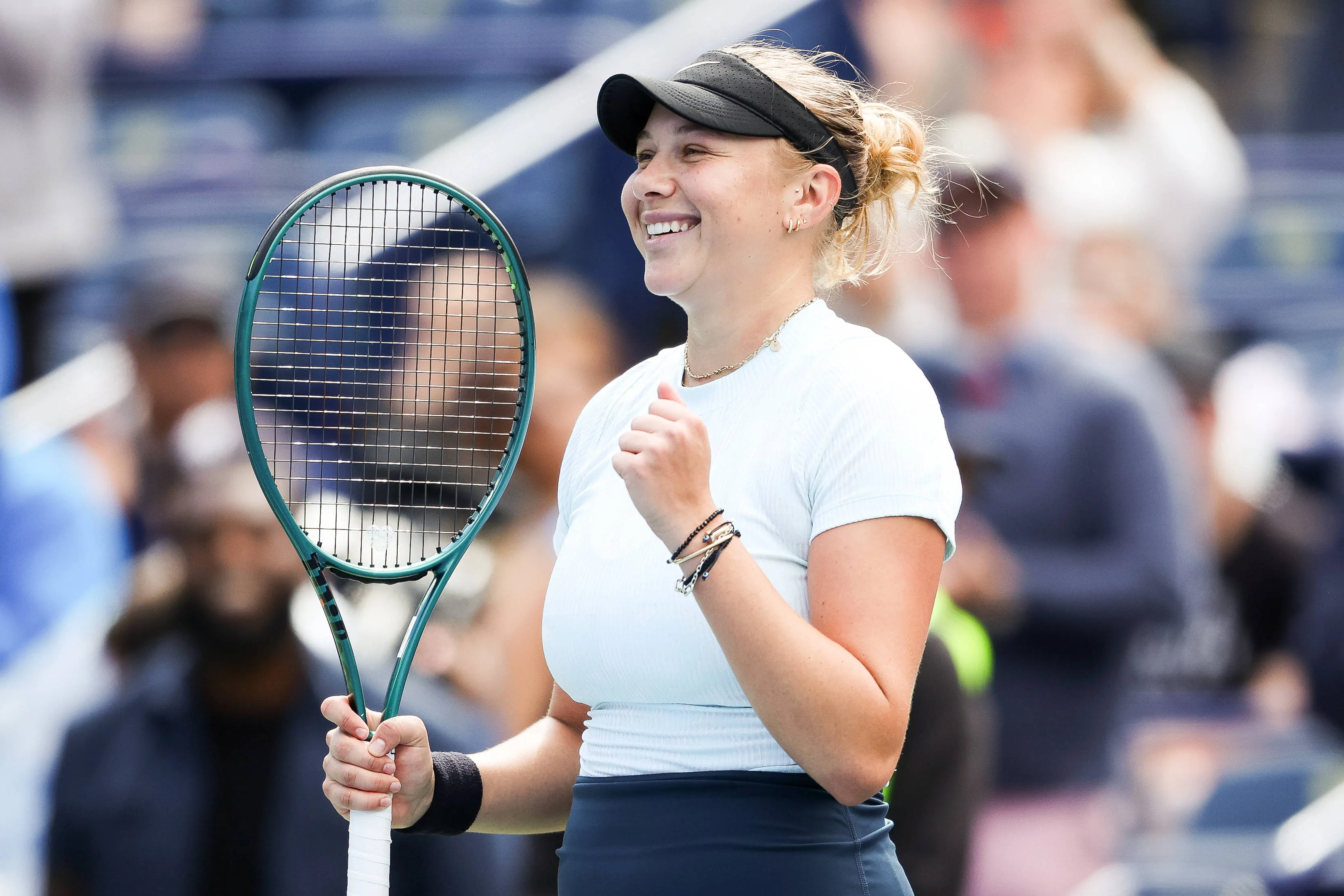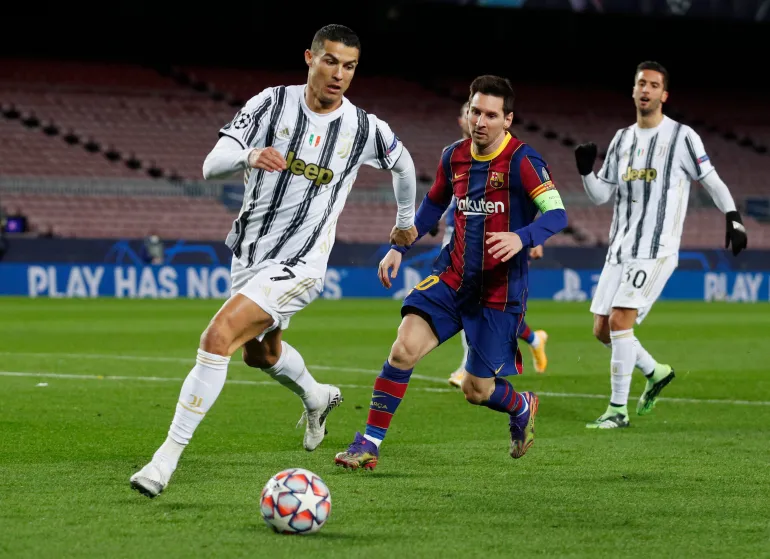A Stunning Comeback for Women’s Football: Breaking Social Barriers, Egypt’s Women’s Football Team Reaches New Heights
According to a report by Al Jazeera, football, once considered a male-dominated sport, is now seeing Egyptian women confidently carving out their place. The growing interest in women's football, television broadcasts of matches, and investments from major clubs have opened new horizons for Egyptian female players, turning their dreams into reality.
A Stunning Comeback for Women’s Football: Breaking Social Barriers, Egypt’s Women’s Football Team Reaches New Heights
A Stunning Comeback for Women’s Football: Breaking Social Barriers, Egypt’s Women’s Football Team Reaches New Heights
Cairo, Egypt | April 27, 2025 —
According to a report by Al Jazeera, football, once considered a male-dominated sport, is now seeing Egyptian women confidently carving out their place. The growing interest in women's football, television broadcasts of matches, and investments from major clubs have opened new horizons for Egyptian female players, turning their dreams into reality.
Amira Mohamed, a pioneering female footballer, is part of this revolution. Once playing in empty stadiums in silence, today she shines on TV screens. "It used to be thought that if girls played football, no one would take it seriously. But we didn't stop," she said.
Egypt's Women's Premier League, which began in 1998, had remained largely invisible for decades. However, in 2024, the league’s matches, especially those featuring big clubs like Al Ahly and Zamalek, were broadcast for the first time on national television. There is even post-match analysis now, which has sparked increased interest in women's football.
National women's team head coach Abdel Fattah Abbas believes that Sahar Al-Hawari’s contribution to this progress is undeniable. She convinced FIFA to require clubs to have women's teams in order to receive professional licenses.
Players like Iman Hassan and Layla El Beheiri have paved the way by signing contracts with international clubs, inspiring others. The government's "1000 Girls, 1000 Dreams" project and the KNVB World Coaches program have played a significant role in advancing women's football.
However, the path has not been without obstacles. Coach Aya Abdel Hadi says, “We often face barriers from society and family. The clubs weren't always supportive either.” Though her playing career ended due to injury, she is now a successful coach in Saudi Arabia.
Young players like Yara Amir and Yasmin Yasser are now not only playing for themselves but also paving the way for the next generation. Yasser says, “I’m not just a player; I want to show parents that their daughters can become a fountain of possibilities in this game.”
Yet, challenges remain. Many lower-tier clubs lack adequate equipment or funding. Players often have to cover their own training and travel expenses. Coach Abbas says, “If we don’t invest properly, we’ll lose these talents.”
Still, the women keep fighting. Their eyes are now set on one goal — representing their country on a larger stage.
"We’re not just playing for the game," says Amir. "We’re making history. Our potential is truly limitless."










